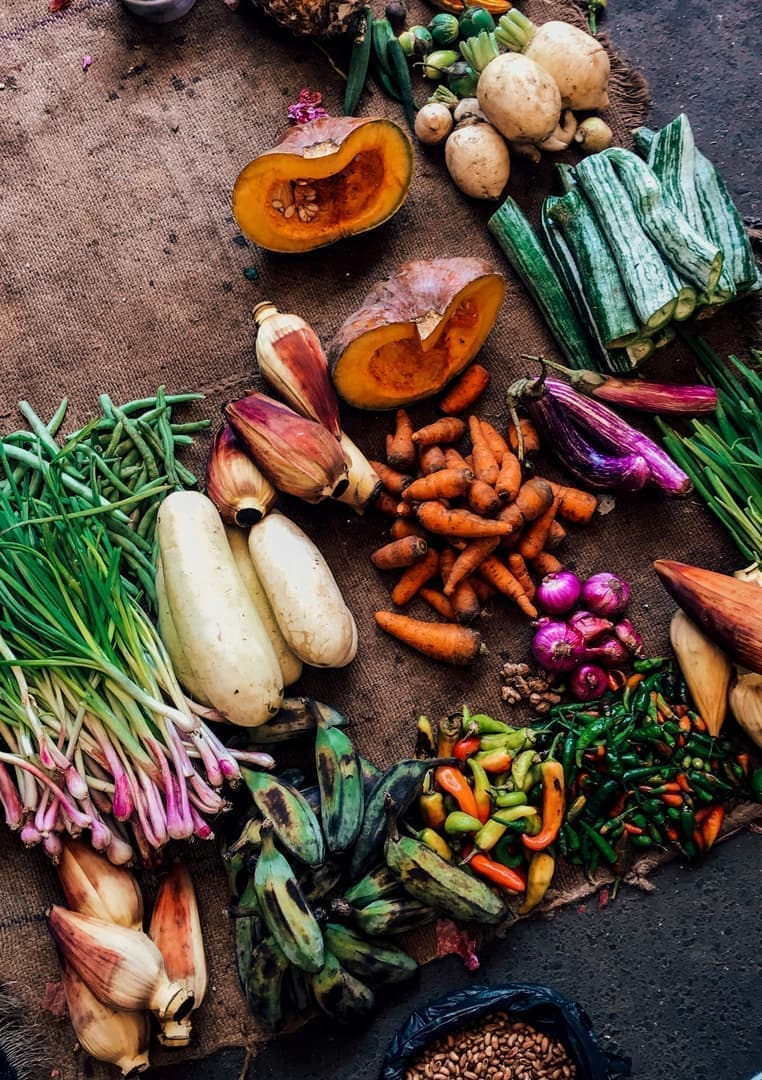
Seasonal Organic Baskets: Saving Money, Eating Better, and Doing Good
With rising food prices and a renewed focus on health, local organic baskets are making a comeback. Weekly boxes from nearby farms deliver fresh, seasonal produce straight to your kitchen — less packaging, less transport, often at a lower cost than supermarkets. But are they truly worth it? And how do you find the right one?
What's in a seasonal basket?
Autumn: Pumpkins, leeks, apples, walnuts (€15–25/week, 5–7 days shelf life) Winter: Cabbage, carrots, potatoes (€12–20/week, 10 days) Spring: Asparagus, radishes, strawberries (€18–28/week, 3–5 days) Summer: Tomatoes, courgettes, peaches (€20–30/week, 3–4 days) Contents vary by region — Brittany baskets include artichokes, while southern France features tomatoes and melons. Multi-week subscriptions usually offer lower prices. For more seasonal cooking inspiration, try our autumn soup recipes or budget-friendly autumn meals.
Why it's good for the planet
Buying locally reduces transport emissions by up to 80%. Reusable crates and paper wrapping mean almost zero plastic. Local networks also support small farms struggling against industrial agriculture. Every basket helps keep traditional farming alive in your region.
Is it really cheaper?
Carrots (1 kg): Supermarket €2.40 vs. Organic basket €2.10 (-12%) Apples (1 kg): Supermarket €3.20 vs. Organic basket €2.70 (-16%) Spinach (500 g): Supermarket €2.90 vs. Organic basket €2.80 (-3%) Tomatoes (1 kg): Supermarket €4.80 vs. Organic basket €3.60 (-25%) Most baskets cost less than buying organic in supermarkets, mainly because of direct distribution. The savings add up fast when you buy weekly.
How to use everything (zero waste tips)
Make soups from leftover vegetables, use apple peels for infusions, turn wilted greens into pesto, and freeze chopped herbs for winter. Even carrot tops make delicious green velouté soup. Check our zero waste kitchen starter guide and cutting food waste tips for more creative ideas.
How to choose your network
AMAP (France): National coverage, weekly subscription model La Ruche qui dit Oui !: 9 EU countries, flexible pickup points Ecovia Market: Germany / Austria, home delivery via app Start with a trial month before committing to a longer subscription. Most networks let you pause deliveries during holidays.
People also ask
How long can vegetables from a basket last? Usually 5–7 days if stored correctly in the fridge or cool place. Is it cheaper to buy organic locally? Yes, for most produce — direct distribution cuts out middlemen. What if I don't like certain vegetables? Some networks offer swaps or customizable boxes. Check their flexibility before subscribing.
Conclusion: Organic baskets aren't just a food trend — they reconnect us to seasonality, reduce waste, and support fairer farming. Try one for a month; you'll likely stay for the flavor and the community.
About the author:
Alexandre Dubois is a European sustainability enthusiast who shares practical, tested tips for everyday life. From saving on household energy to reducing waste, he focuses on simple changes that deliver real impact. He writes from personal experience, testing solutions in his own home before recommending them. Contact: info@greendailyfix.com
Related posts
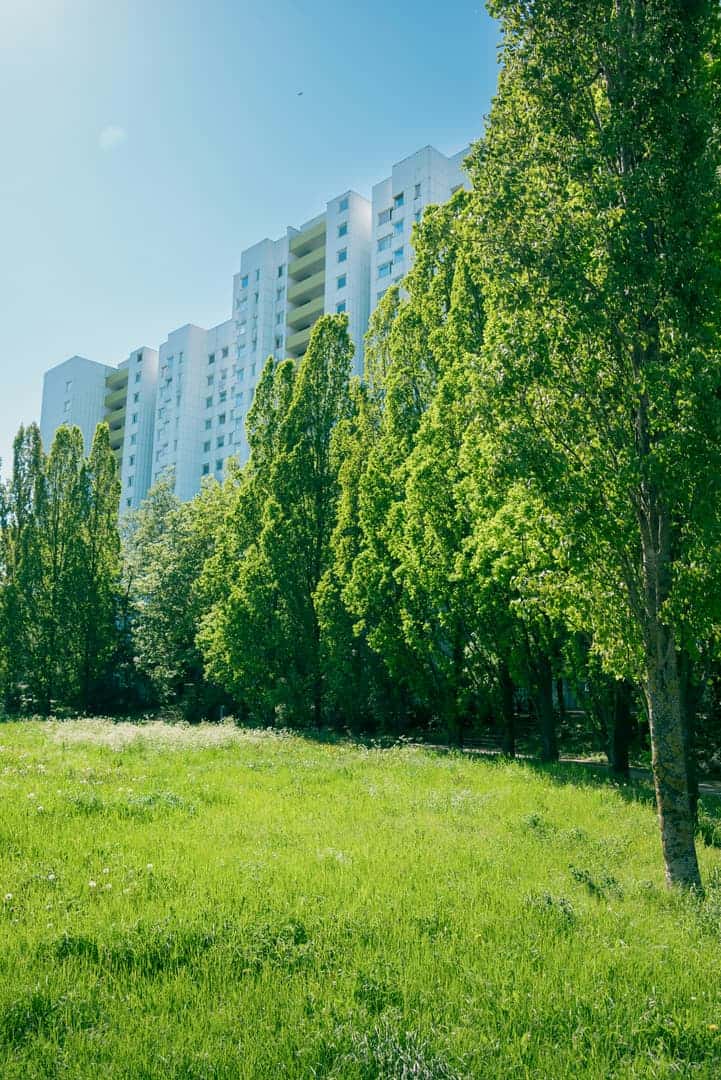
Reconnecting with Nature in the City: 5 Simple Ways to Make It Happen
Living in a city doesn't mean living apart from nature. Amid noise, screens, and constant motion, we often forget that life still thrives all around us. In 2025, urban biophilia inspires new ways to slow down, breathe, and feel connected again.
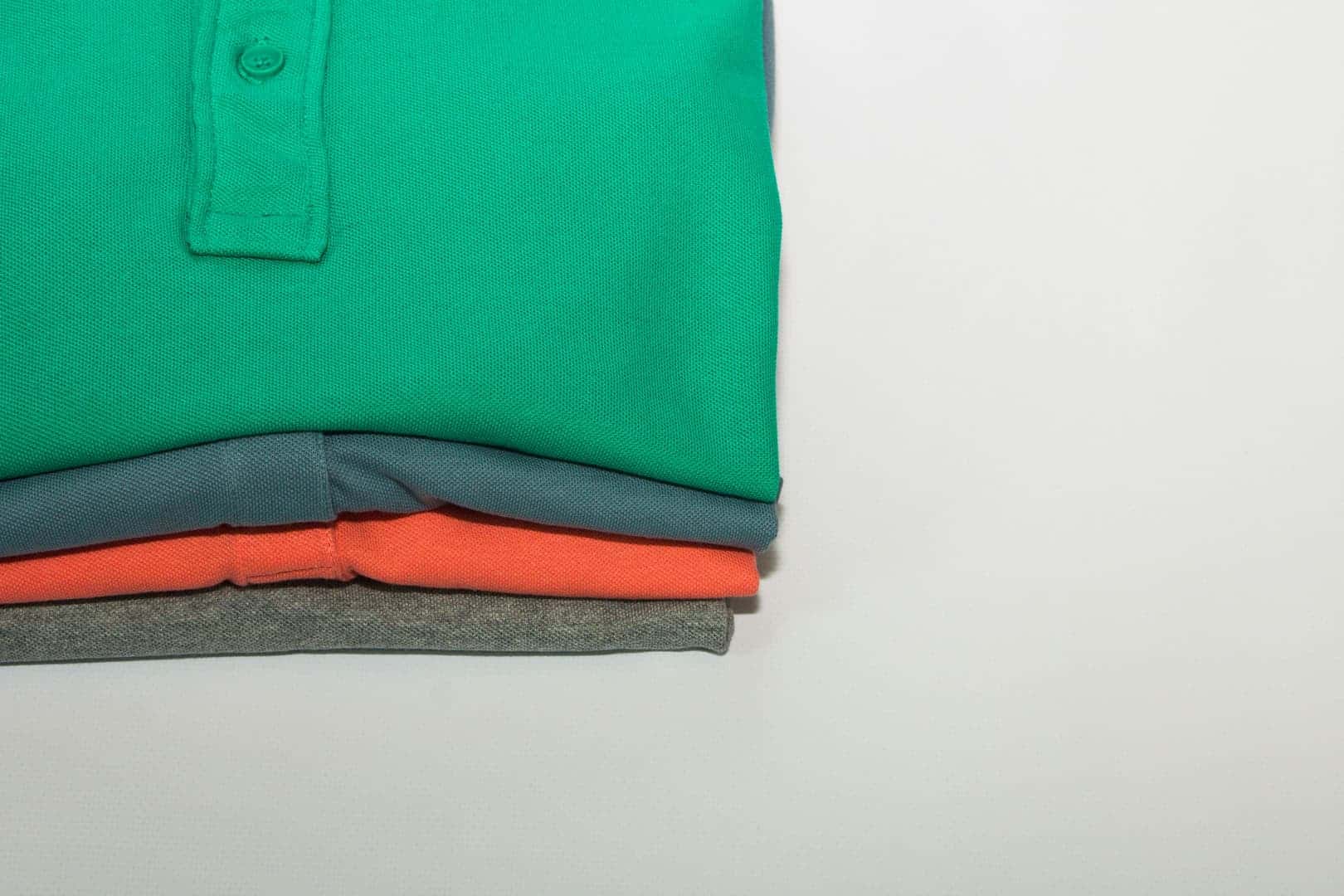
Sustainable Fashion 2025: How to Dress Without Harming the Planet
Every year, the world produces over 100 billion garments — and more than half end up unused or discarded. In 2025, sustainable fashion is no longer a niche trend but an environmental and economic necessity. Here's how to dress consciously without giving up style.
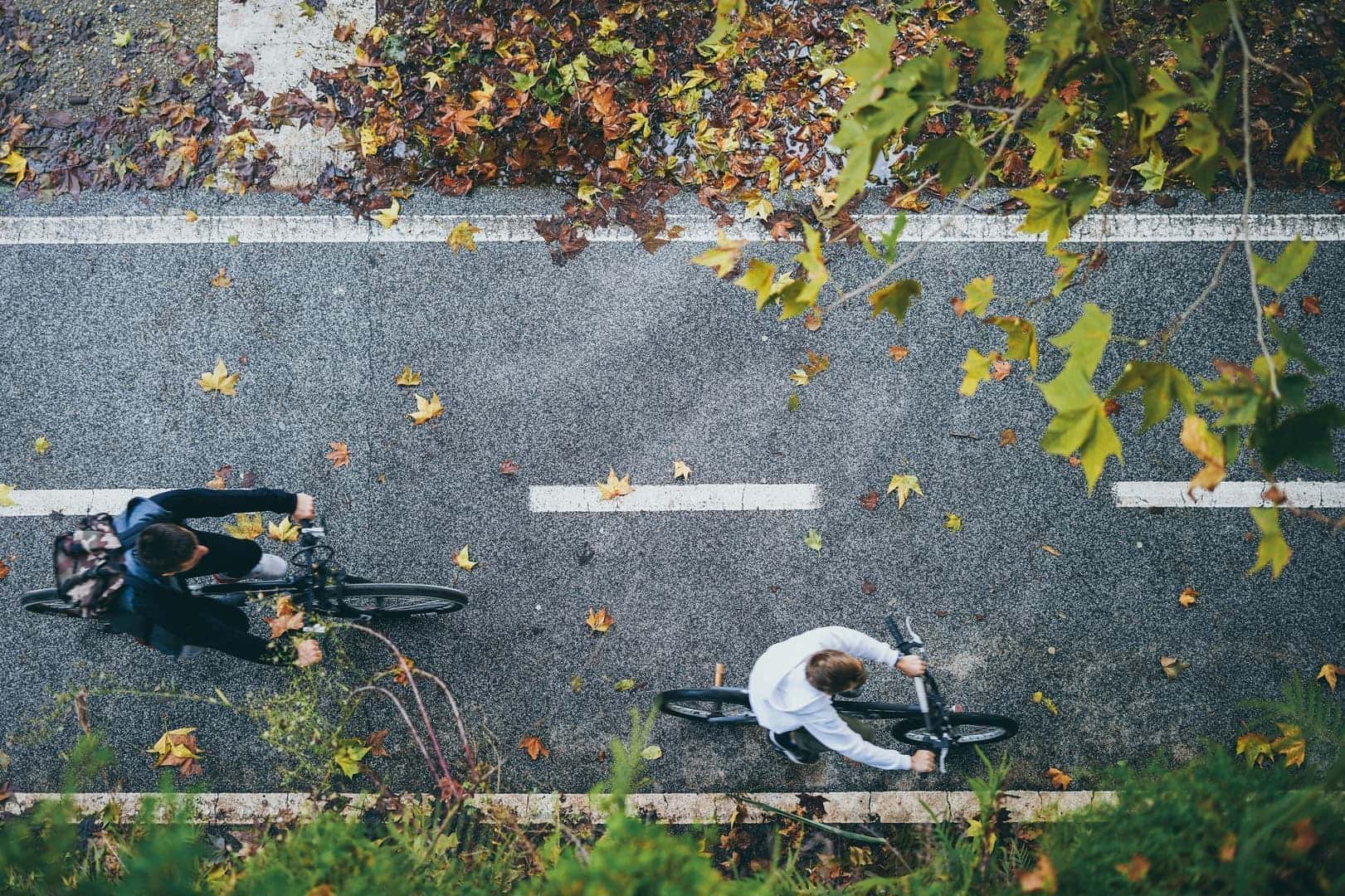
Moving smarter: bike, carpool, train — greener travel habits for 2025
Mobility is changing fast. With fuel prices rising and awareness growing, Europeans are reinventing daily travel. Fewer cars, more sharing, more trains: here's how to move smarter, cheaper, and cleaner in 2025.
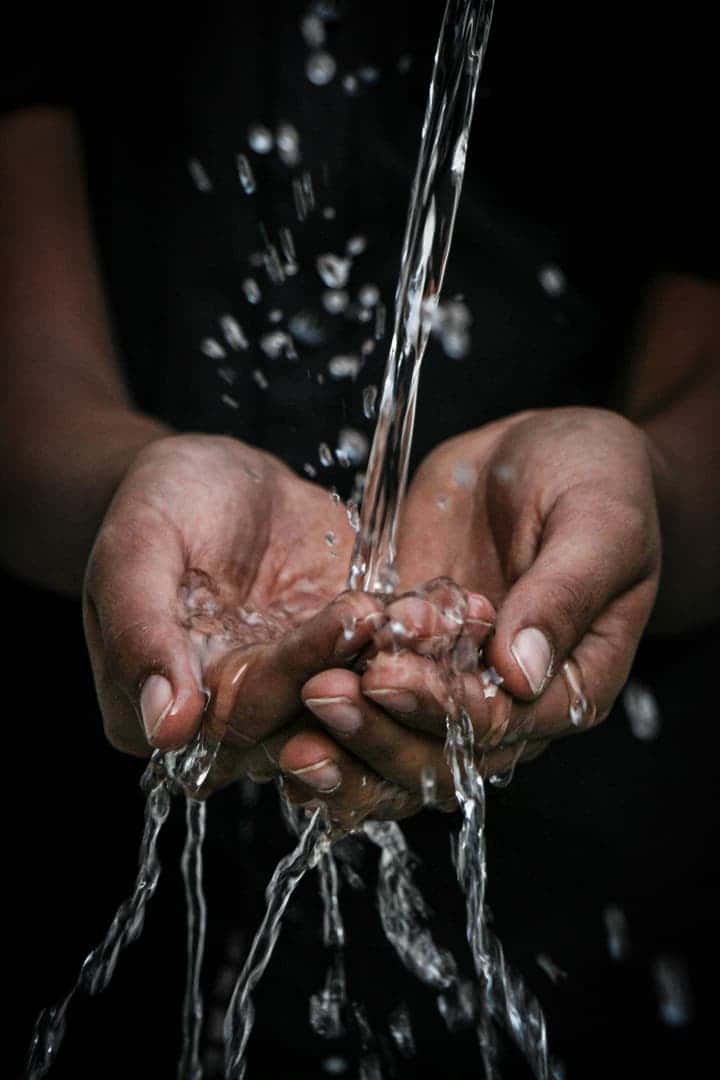
Water, the Blue Gold: 7 Simple Habits to Save Without Sacrificing Comfort
In Europe, each household still uses around 140 liters of water per person per day. Yet most of it can be saved without giving up comfort. Here are seven practical, easy-to-adopt habits to cut your bill and protect this vital resource.